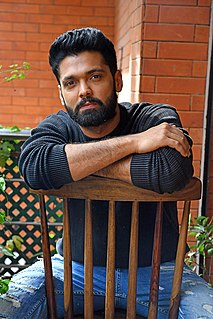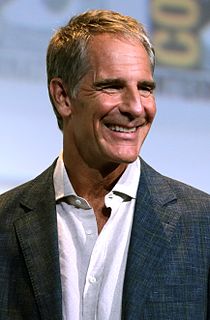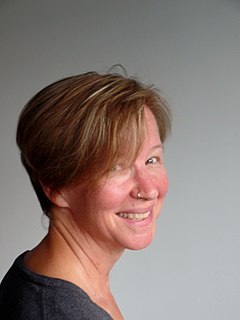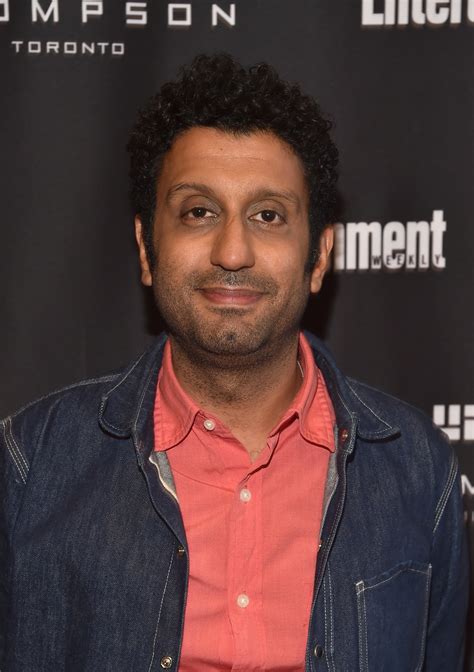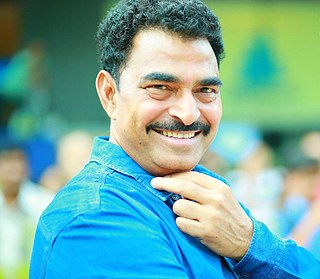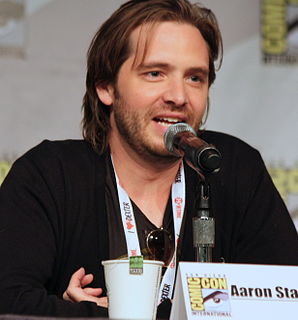A Quote by Rakshit Shetty
As an actor, I feel, I should not choose a film just to help get great box office results but one that challenges me as an actor and gives me the pleasure of playing a certain role.
Related Quotes
The idea is to keep reinventing yourself. Once you attain a certain status as an actor, your fans start expecting from you and you should be able to fulfill them. That's why I try to choose as many different kind of roles as I can so that my fans are not disappointed with me. It would also get boring for me as an actor to keep repeating myself.
Being an actor in TV or movies is different. A film or TV actor, if put in theatre, won't know certain dimensions, while a theatre actor won't know certain things when he comes before the camera. So I think a film actor can learn emoting from this theatre counterpart, while the theatre actor can learn about camera techniques from the film actor.
Every director is always directing around the play. If you have an actor who really doesn't get the character well enough, you have to direct the play around that character. You have to make choices with that actor. If you have an actor that really doesn't get the role and has certain visions of the role, sometimes you have to direct around that actor.
